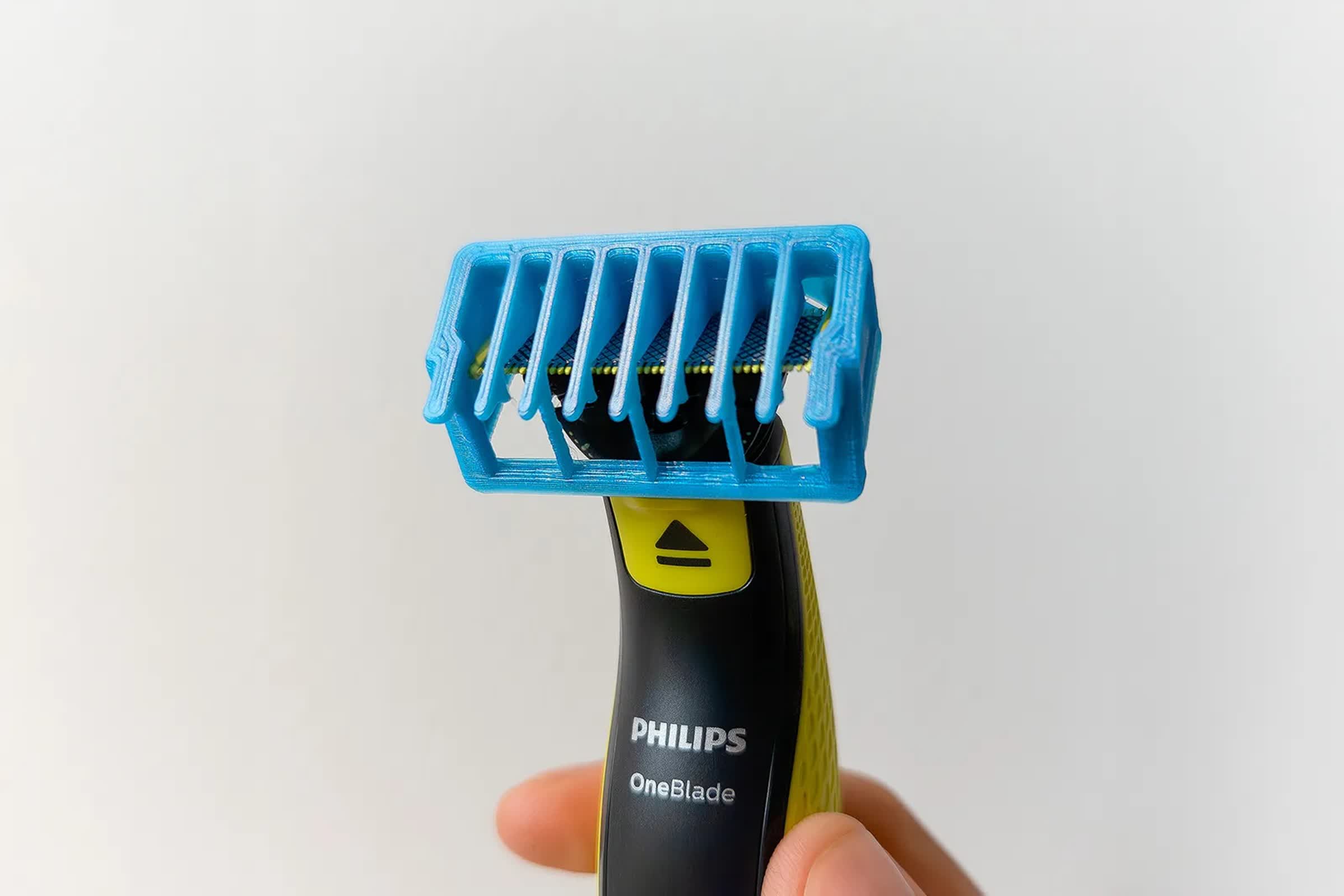Something to look forward to: For now, Philips Fixables represents a modest but meaningful shift in how manufacturers can support consumers who want to maintain and repair their own devices. If the company follows through with its promise to expand the range of available parts, the initiative could make repairable hardware more accessible to everyone.

Philips has introduced a program that allows consumers to 3D print replacement parts for some of its personal health devices, marking a new approach to product repair and sustainability. The initiative, called "Philips Fixables," launched in the Czech Republic in partnership with local 3D printing company Prusa Research, and the downloadable files are accessible worldwide through the Printables platform. By making select replacement components available for home printing, Philips aims to offer an alternative to traditional replacement channels and reduce electronic waste.
The concept is straightforward: consumers can now download and print a replacement part themselves rather than discarding a device when a small accessory breaks or gets lost. While the initiative doesn't extend to complex components like batteries or entire trimmers, it does cover smaller items such as adjustable combs for beard trimmers.
Philips emphasizes that the replacement parts it provides are designed to meet the company's standards for quality and safety. However, the effectiveness of these parts depends on users following Philips' recommended printing materials and settings.
For example, the company currently offers a single part – a small adjustable comb for the OneBlade trimmer – on Printables. Philips advises users to print this component using standard PLA filament and to maintain the original file orientation, cautioning that altering the design to save material or time could compromise the part's strength and performance.
Though the program is in its early stages, with only one component available for download, Philips has signaled plans to expand the range of printable parts. Future releases could include adjustable guides for other trimmers and device components for electric toothbrushes and hair dryers.
Additionally, Philips has set up a form on its website where customers can request specific parts to be made available for 3D printing. While this feature offers hope for broader support, Philips has not provided a timeline for when requested parts might be released or clarified which types of components will be eligible.
The rollout of Philips Fixables is focused in the Czech Republic, leveraging the expertise and community engagement of both Prusa Research and LePub. The initiative aims to tap into the local maker community and foster a culture of repair rather than replacement. By making these files available for free and encouraging user participation, Philips is positioning itself as a supporter of the growing right-to-repair movement.
Philips is not alone in exploring new ways to support product longevity. Other companies, such as Logitech, have introduced similar programs, including partnerships with repair advocates like iFixit to offer home repair kits for select products. These efforts reflect a broader industry trend toward open repair solutions, though the extent to which companies will embrace this approach remains to be seen.
Philips Fixables program lets you 3D-print spare parts at home